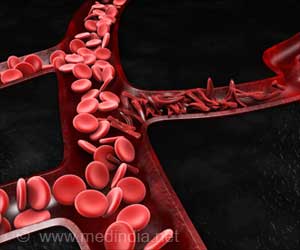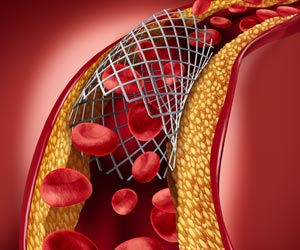Disruption of the body’s circadian rhythms could be a major culprit behind jet lag and shift work. New study finds that circadian misalignment may play an important role in jet lag

Health Consequences of Circadian Disruption
“Circadian disruption impacts a lot of things,” says lead author Michael Seifu Bahiru, a Ph.D. candidate in the lab of Eric Bittman, Professor Emeritus of Biology. “There are links to cancer, diabetes and hypertension, as well as adverse impacts on neurogenesis.”‘Circadian disruption caused by jet lag and rotating work shifts may adversely affect neurogenesis. Hence, circadian misalignment is crucial in jet lag.’
Read More..




Cell birth and survival in the adult hippocampus are regulated by a circadian clock, so its disruption may throw off the process of neurogenesis. In the U.S. alone, some 30 million people experience phase shifts in their circadian rhythms as they work rotating schedules. Read More..
Until recently, the researchers have faced a sort of chicken-or-egg question. “We always wondered what actually is the root cause of the ailments from circadian disruption?” Bahiru says. “Does the problem come from the act of shifting or the shift itself?”
Bittman explains further, “It’s possible it’s just changing the light cycle that affects neurogenesis, that jerking your clock around is bad for you, as opposed to the jet lag, which is the time delay that it takes for all circadian-dependent systems in your body to adjust to this change in daylight.”
Their findings support the hypothesis that it’s this internal misalignment, this state of desynchrony between and within organs that occurs during jet lag, that is responsible for the adverse impact on neurogenesis – and, they suspect, other adverse health effects from circadian disruption.
To test their hypothesis, they studied cell birth and differentiation in Syrian hamsters with a recessive mutation in the Cry 1 gene that speeds up the clock in constant conditions and dramatically accelerates its ability to shift in response to light. Bittman named the mutation, discovered in previous research, duper. The research team also tested a control group of hamsters without the duper mutation. Both underwent the same sequence of changes in the light cycle.
Advertisement
“The findings indicate that circadian misalignment is critical in jet lag,” the paper concludes.
Jet Lag Prevention
The ultimate goal of Bittman’s lab is to advance understanding of the pathways involved in human biological clocks, which could lead to the prevention of or treatment for the effects of jet lag, shift work and circadian rhythm disorders. This latest research is a next step toward that goal.Advertisement
Another possibility, which Bittman thinks is more likely, is that the master pacemaker in the suprachiasmatic nucleus of the hypothalamus in the brain detects the light shift and then relays it to the stem cell population that has to divide and differentiate in the hippocampus.
Source-Eurekalert










